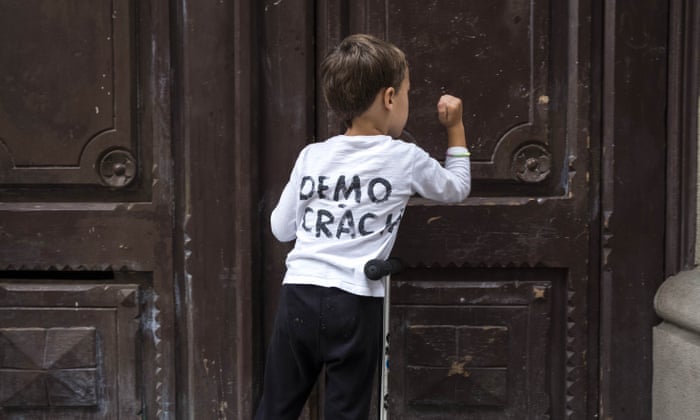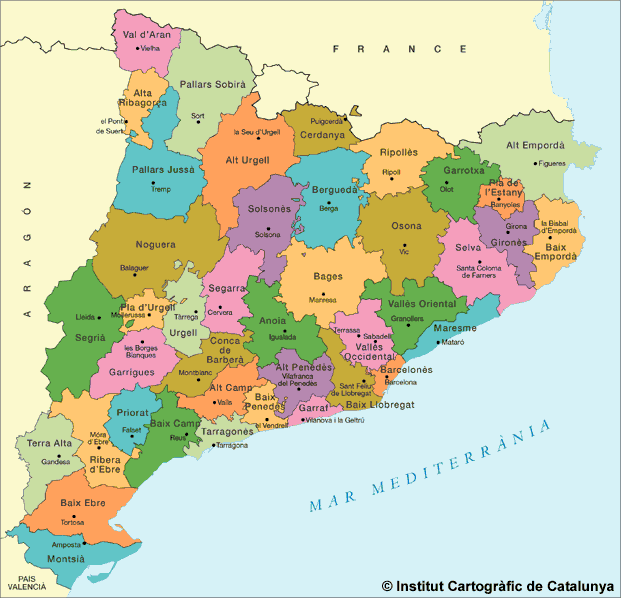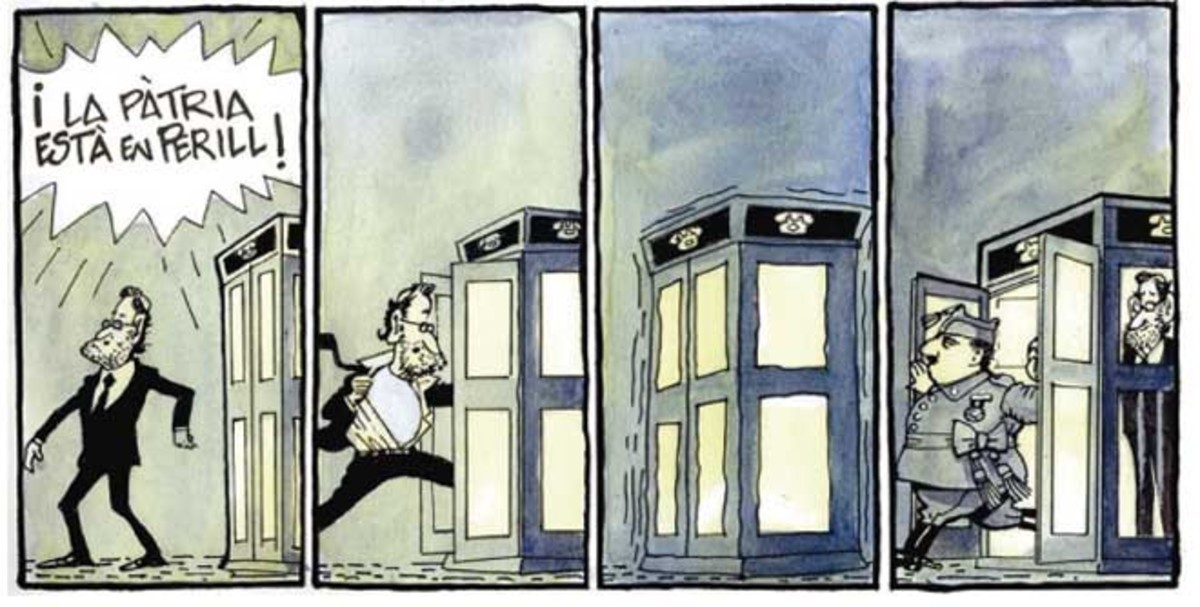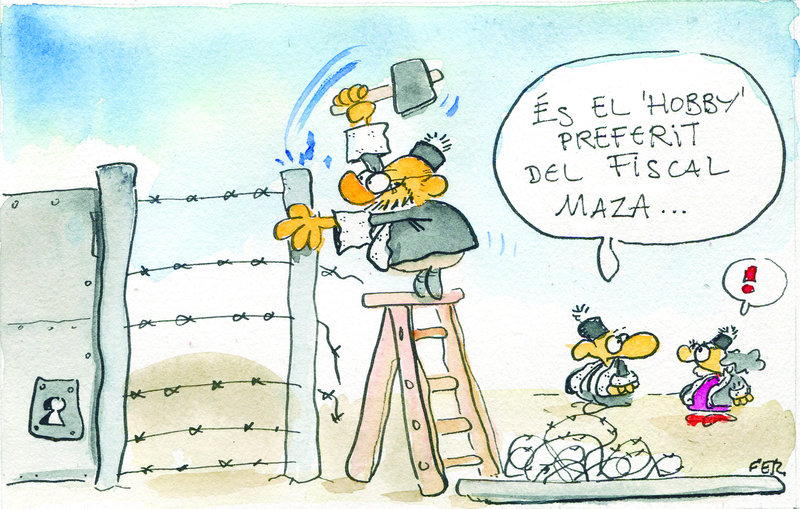https://www.greenleft.org.au/content/catalonia-suspend-self-rule-and-we-...
I do hope that babblers recognize the brutal denial of the right to national self-determination of the Catalan people. That does not necessarily mean supporting or advocating independence. This is a question of democracy.






